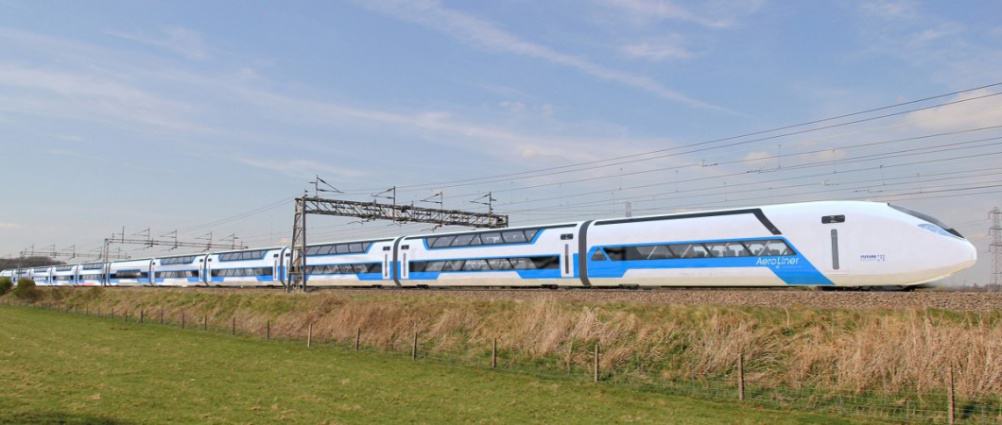The funding has been made available through Tomorrow’s Train Design Today (TTDT), an international competition led by RSSB’s FutureRailway programme team in association with the Department for Transport and the Royal Institute of British Architects.
St Ives-based 42 Technology will use its share of funding to continue developing a flexible purpose carriage that can be reconfigured to carry passengers or freight as required.
The company said that when passenger occupancy levels are low - such as at off peak times or when commuter trains have delivered their passengers and are returning to the suburbs - the seats can be automatically moved and stowed to allow room for freight.
42 Technology said in a statement that this approach will help ease road congestion by encouraging more freight onto the railways, while delivering additional revenues to the UK rail network in excess of £100m through more intensive use of rolling stock and without any significant increase in operating cost.
The judges included directors and senior managers from UK transport operator FirstGroup; train leasing specialist Angel Trains; train manufacturer Hitachi; and the Design Council.
“Everyone at 42 Technology is delighted that our outline designs and business case study have been so strongly endorsed by the competition judges. The next stage is for us to move ahead with detailed designs and to build a full scale demonstration model showing the adaptable carriage in action,” said Jon Spratley, who led the consultancy’s multi-disciplinary team in developing its initial concepts and winning submission.
The TTDT competition was split into two strands focused on new design ideas for medium and longer-term rolling stock. 42 Technology and PriestmanGoode were both named as winners in the next generation/medium term category. Andreas Vogler, in partnership with the German aerospace centre DLR, was chosen to progress its longer-term rolling stock design concept for a high-speed double decker train dubbed AEROLINER300.



Poll: Should the UK’s railways be renationalised?
I'd hate to be disingenuous so I've replotted the data with the first trendline from 1946 to 1977 and the second using your chosen dates 1983 to 2018....